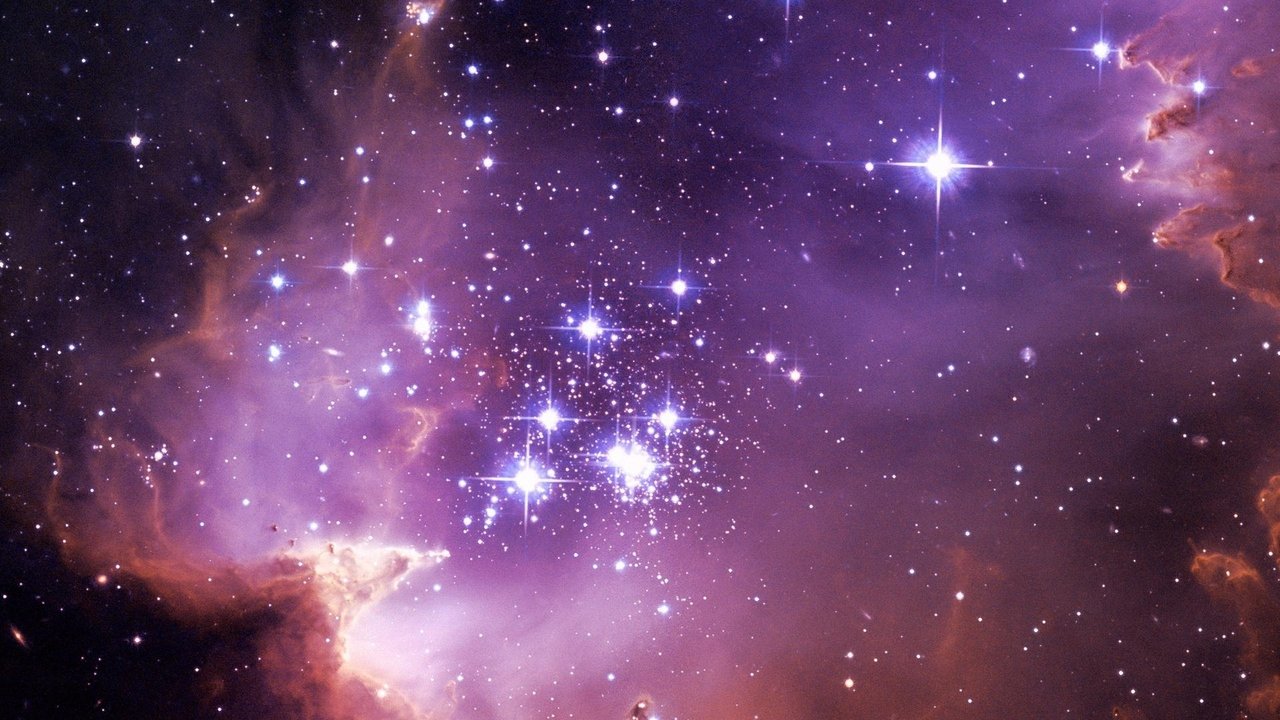PBS Space Time - Season 2017 (2017)
GENRE(s):
45 Episodes

E1.
How to See Black Holes + Kugelblitz Challenge AnswerFind out how scientists are mapping the black holes throughout the Milky Way and beyond as well as the answer to the Escape the Kugelblitz Challenge Question. Were you able to save humanity?

E2.
The EM Drive: Fact or Fantasy?Because you demanded it … we break down the EM Drive!

E3.
The Phantom SingularityIsaac Newton’s Universal Law of Gravitation tells us that there is a singularity to be found within a black hole, but scientists and mathematicians have found a number of issues with Newton’s equations. They don’t always accurately represent reality. Einstein’s General Theory of Relativity is a more complete theory of gravity. So does using the General Theory of Relativity eliminate the singularity? No. Not only does it concur with Newton’s Universal Law of Gravitation but it also reveals a second singularity, not at the center of the black hole but at the event horizon.

E4.
Why Quasars are so AwesomeWhen Quasars were first discovered the amount of light pouring out of such a tiny dot in space seemed impossible. A hysterical flurry of hypothesizing followed: swarms of neutron stars, alien civilizations harnessing their entire galaxy’s power, bright, fast-moving objects being ejected by our own galaxy’s core. But by the 1980’s we were converging on the most awesome explanation. It goes a little like this: Take a black hole of millions to billions times the mass of the sun. Where from? It turns out every decent-sized galaxy has one at its core. Now drive gas into the galactic core. One way this can happen is when galaxies merge and grow. That gas descends into the waiting black hole’s gravitational well and gains incredible speed on the way. It is swept up in a raging whirlpool around the black hole that we call an accretion disk, where its energy of motion is turned into heat. The heat-glow of the accretion disk is so bright that we can see quasars to the ends of the universe.

E5.
The Geometry of CausalityIn this episode we dive deeper into the relationship between space and time and explore how we can geometrically map the causality of the universe and increase our understanding of how time and distance relate to one another.
